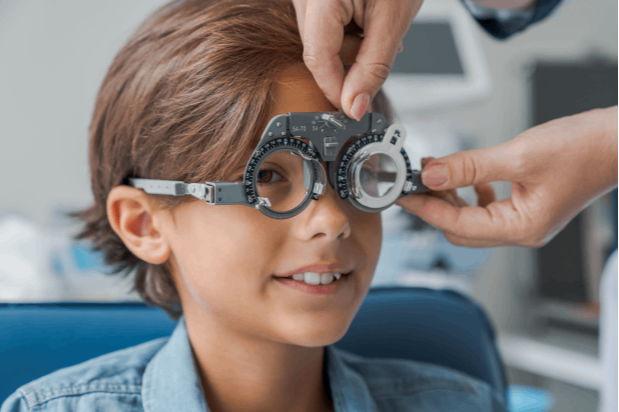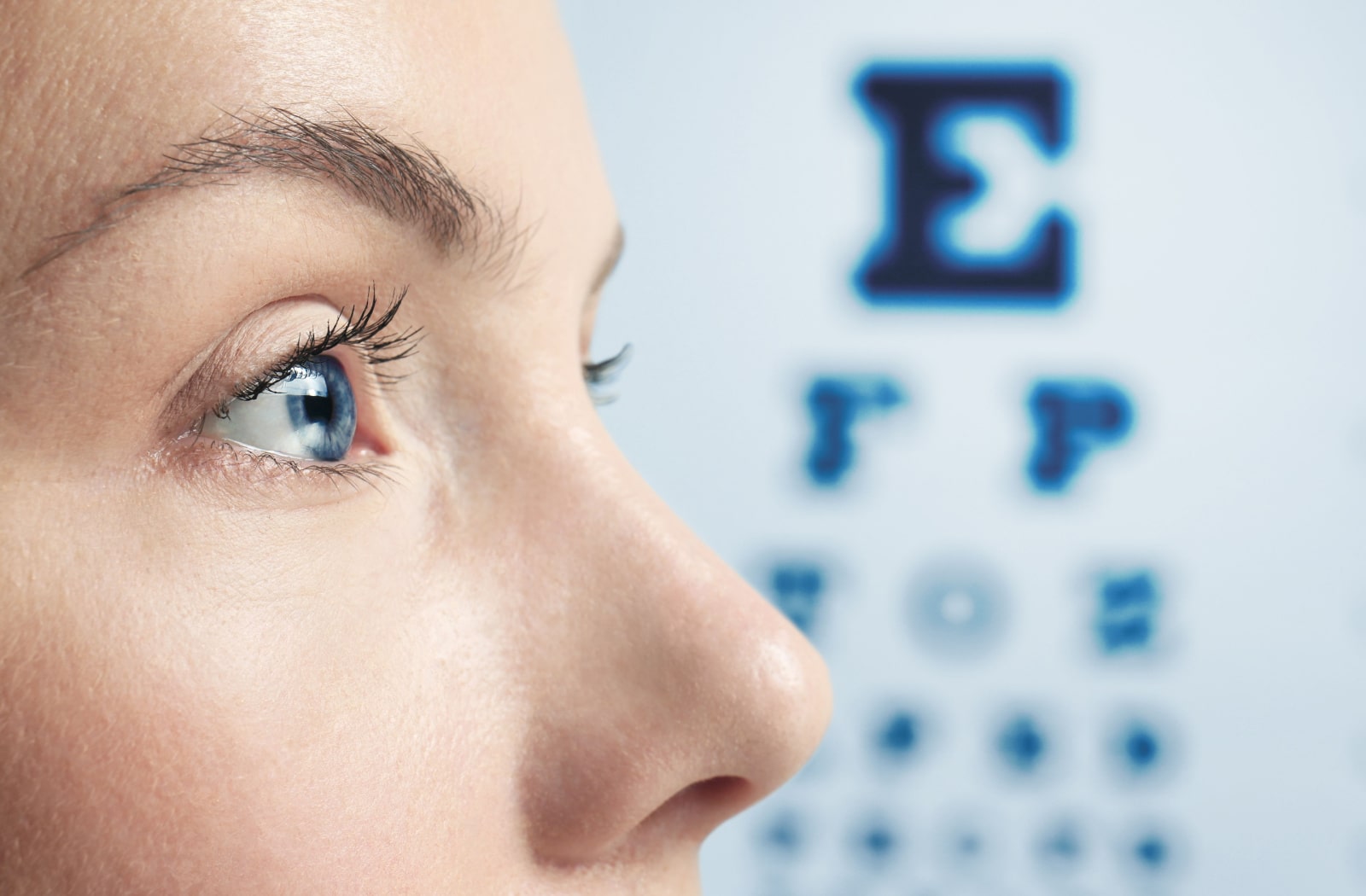All Categories
Featured
Persistent eye problems, such as glaucoma, macular degeneration, and diabetic retinopathy, need recurring like protect vision and maintain high quality of life. Efficient monitoring of these problems involves a combination of medical therapy, way of life changes, and normal surveillance. Here's exactly how patients can organize their eye wellness and take care of chronic eye conditions properly.
One of one of the most critical action in taking care of persistent eye conditions is adhering to your doctor's referrals. This includes:
![]()
Utilizing recommended medicines: Take eye drops, oral medications, or injections as guided to regulate signs and symptoms or slow illness development.
Participating in routine exams: Regular visits to an eye care professional enable prompt changes to your treatment plan and very early discovery of adjustments in your condition.
Undertaking required treatments: Some problems, like glaucoma or retinal disorders, might call for medical or laser interventions to avoid more damages.
Your general health dramatically affects your eye health and wellness. Taking on a healthy way of life can reduce the risk of problems and enhance results.
Consume a balanced diet: Nutrient-rich foods, such as leafy greens, fish high in omega-3 fatty acids, and fruits, container support eye health.
Exercise on a regular basis: Physical activity boosts blood circulation, which benefits the eyes by guaranteeing they obtain ample oxygen and nutrients.
Handle chronic conditions: If you have diabetes, hypertension, or various other systemic problems, keep them under control to avoid worsening eye issues.
Prevent smoking cigarettes: Smoking cigarettes raises the danger of creating or aggravating chronic eye conditions, consisting of macular degeneration and cataracts.
![]()
Stopping further damages to your eyes is crucial in handling chronic problems:
Use safety eyewear: Use sunglasses with UV protection to shield your eyes from unsafe rays and minimize the risk of issues.
Limit display time: Extreme screen direct exposure can strain your eyes. Practice the 20-20-20 guideline-- consider something 20 feet away for 20 seconds every 20 mins.
Keep correct lights: Avoid stressing your eyes by guaranteeing ample lighting when functioning or reviewing.
Understanding your condition encourages you to make educated choices concerning your care. Ask your eye treatment supplier about:
The development and prospective results of your problem.
Indicators and signs that need prompt attention.
Available sources, such as assistance teams and instructional products.
![]()
Living with a persistent eye problem can be emotionally challenging. Consider:
Joining support system: Sharing experiences with others in comparable circumstances can offer convenience and practical suggestions.
Talking to a counselor: Specialist advice can aid you cope with the psychological impact of vision modifications.
Verdict
Managing chronic eye conditions requires a detailed and proactive method. By following clinical advice, embracing a healthy and balanced lifestyle, protecting your eyes, and looking for assistance, you can effectively browse the obstacles of these conditions and protect your vision. Normal interaction with your eye treatment company is vital to guarantee your monitoring plan stays reliable and customized to your needs.
- Adhere To Medical Suggestions and Therapy Strategies
One of one of the most critical action in taking care of persistent eye conditions is adhering to your doctor's referrals. This includes:

Utilizing recommended medicines: Take eye drops, oral medications, or injections as guided to regulate signs and symptoms or slow illness development.
Participating in routine exams: Regular visits to an eye care professional enable prompt changes to your treatment plan and very early discovery of adjustments in your condition.
Undertaking required treatments: Some problems, like glaucoma or retinal disorders, might call for medical or laser interventions to avoid more damages.
- Maintain a Healthy And Balanced Lifestyle
Your general health dramatically affects your eye health and wellness. Taking on a healthy way of life can reduce the risk of problems and enhance results.
Consume a balanced diet: Nutrient-rich foods, such as leafy greens, fish high in omega-3 fatty acids, and fruits, container support eye health.
Exercise on a regular basis: Physical activity boosts blood circulation, which benefits the eyes by guaranteeing they obtain ample oxygen and nutrients.
Handle chronic conditions: If you have diabetes, hypertension, or various other systemic problems, keep them under control to avoid worsening eye issues.
Prevent smoking cigarettes: Smoking cigarettes raises the danger of creating or aggravating chronic eye conditions, consisting of macular degeneration and cataracts.
- Secure Your Eyes

Stopping further damages to your eyes is crucial in handling chronic problems:
Use safety eyewear: Use sunglasses with UV protection to shield your eyes from unsafe rays and minimize the risk of issues.
Limit display time: Extreme screen direct exposure can strain your eyes. Practice the 20-20-20 guideline-- consider something 20 feet away for 20 seconds every 20 mins.
Keep correct lights: Avoid stressing your eyes by guaranteeing ample lighting when functioning or reviewing.
- Inform Yourself
Understanding your condition encourages you to make educated choices concerning your care. Ask your eye treatment supplier about:
The development and prospective results of your problem.
Indicators and signs that need prompt attention.
Available sources, such as assistance teams and instructional products.
- Look For Emotional Assistance

Living with a persistent eye problem can be emotionally challenging. Consider:
Joining support system: Sharing experiences with others in comparable circumstances can offer convenience and practical suggestions.
Talking to a counselor: Specialist advice can aid you cope with the psychological impact of vision modifications.
Verdict
Managing chronic eye conditions requires a detailed and proactive method. By following clinical advice, embracing a healthy and balanced lifestyle, protecting your eyes, and looking for assistance, you can effectively browse the obstacles of these conditions and protect your vision. Normal interaction with your eye treatment company is vital to guarantee your monitoring plan stays reliable and customized to your needs.
Latest Posts
Explore Cost-Effective Auto Repairs with Montclare’s Limited-Time Service Specials
Published May 21, 25
1 min read
Join WyHy FCU – Essential Perks for Your Financial Future
Published May 21, 25
1 min read
Explore the Storied Past of Deauville Inn: From Speakeasy to Jersey Shore Icon
Published May 19, 25
2 min read
More
Latest Posts
Explore Cost-Effective Auto Repairs with Montclare’s Limited-Time Service Specials
Published May 21, 25
1 min read
Join WyHy FCU – Essential Perks for Your Financial Future
Published May 21, 25
1 min read
Explore the Storied Past of Deauville Inn: From Speakeasy to Jersey Shore Icon
Published May 19, 25
2 min read